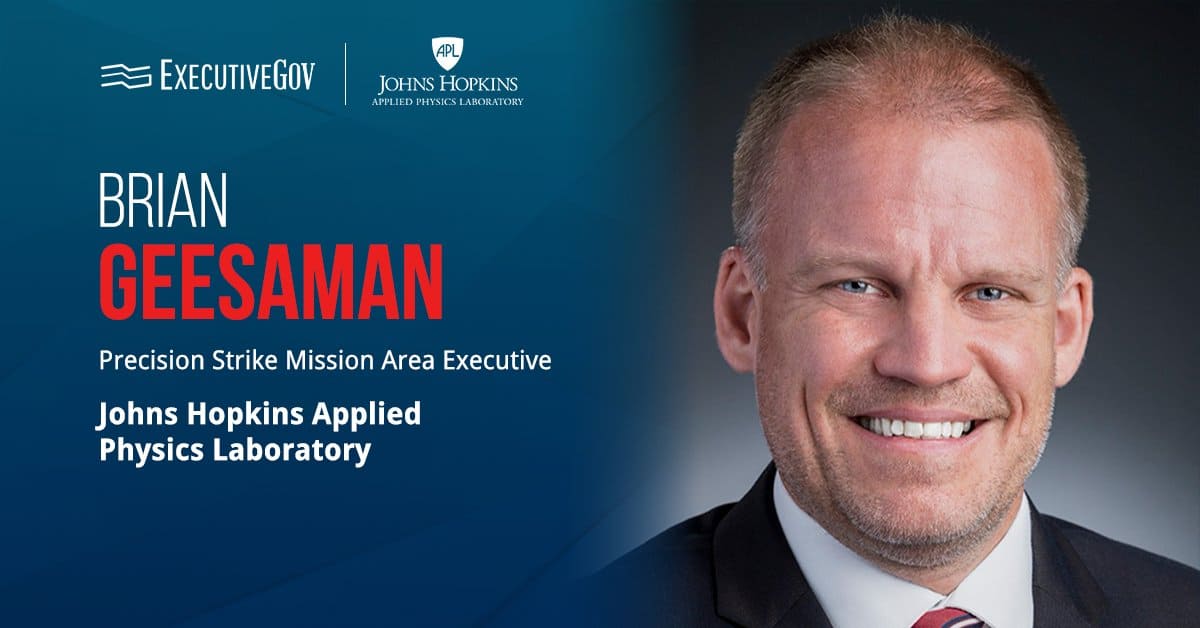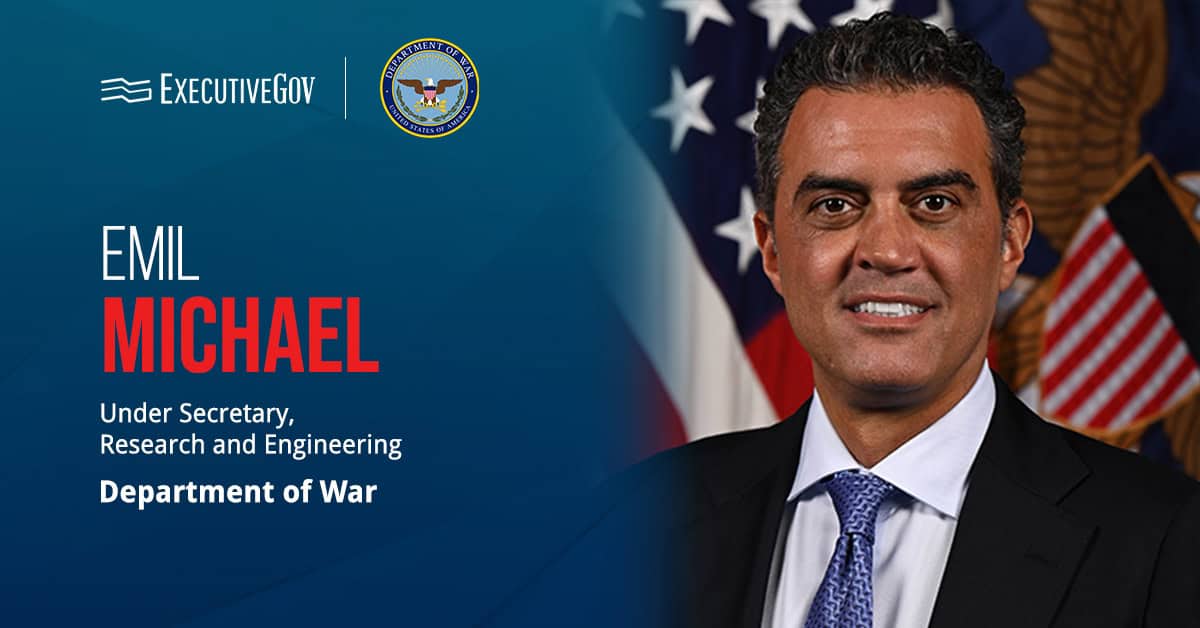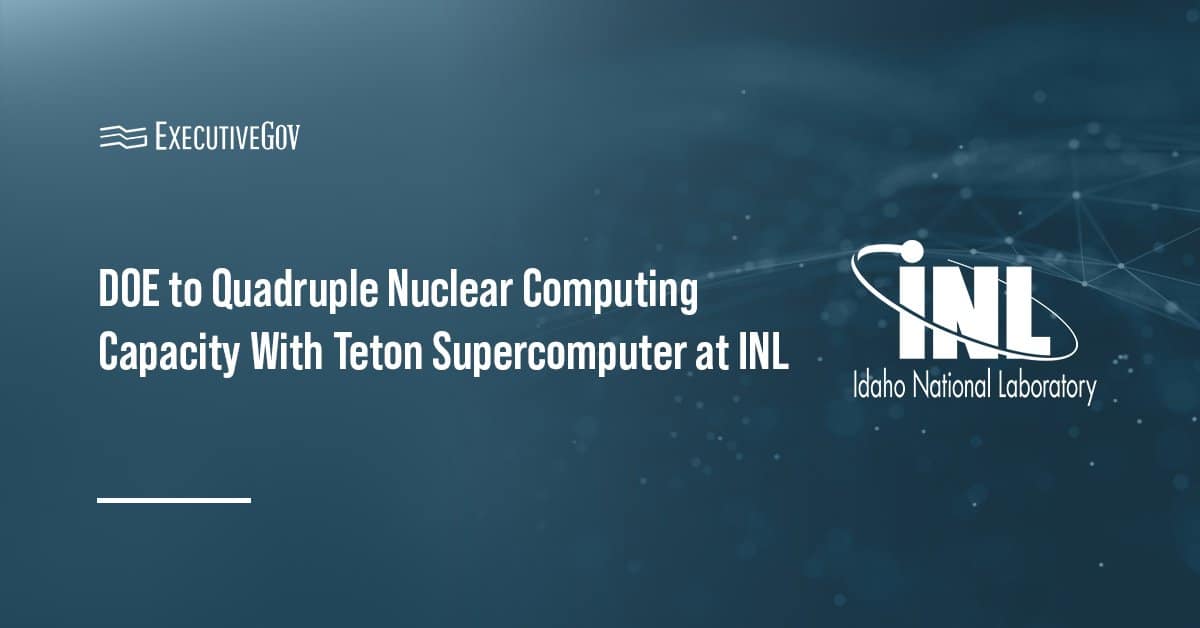
The Department of Energy plans to invest $24 million in projects aiming to study dark matter in theoretical and technological aspects. DOE said Thursday that it will let grant recipients leverage DOE-supported facilities and technologies to pursue projects. Such technologies include particle accelerators and detectors at national laboratories.
“With new developments in the field over the past few years and the game-changing research being done in the American science community, the time is right for innovative efforts to tackle the problem of dark matter,†said Paul Dabbar, the department’s undersecretary for science.
DOE expects to allot $3 million in fiscal year 2019 as the first part of a potential four-year program. Interested parties may submit letters of intent through April 30, with final applications due May 30.





